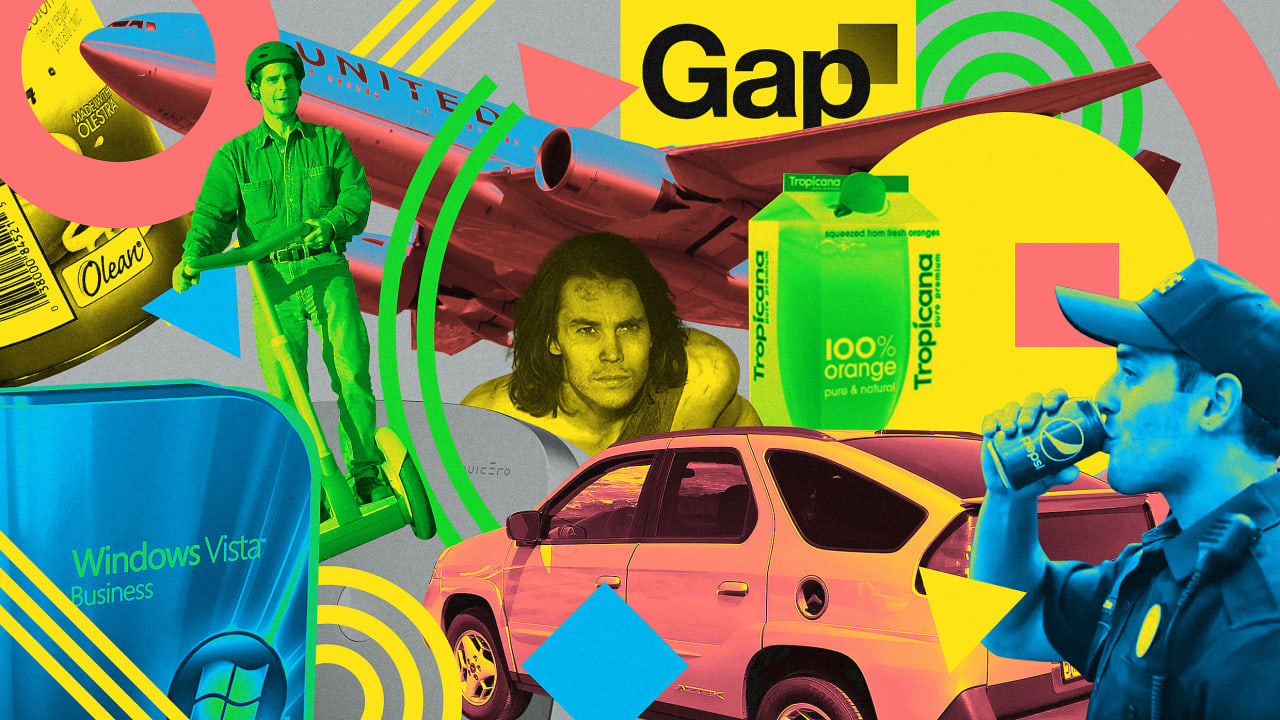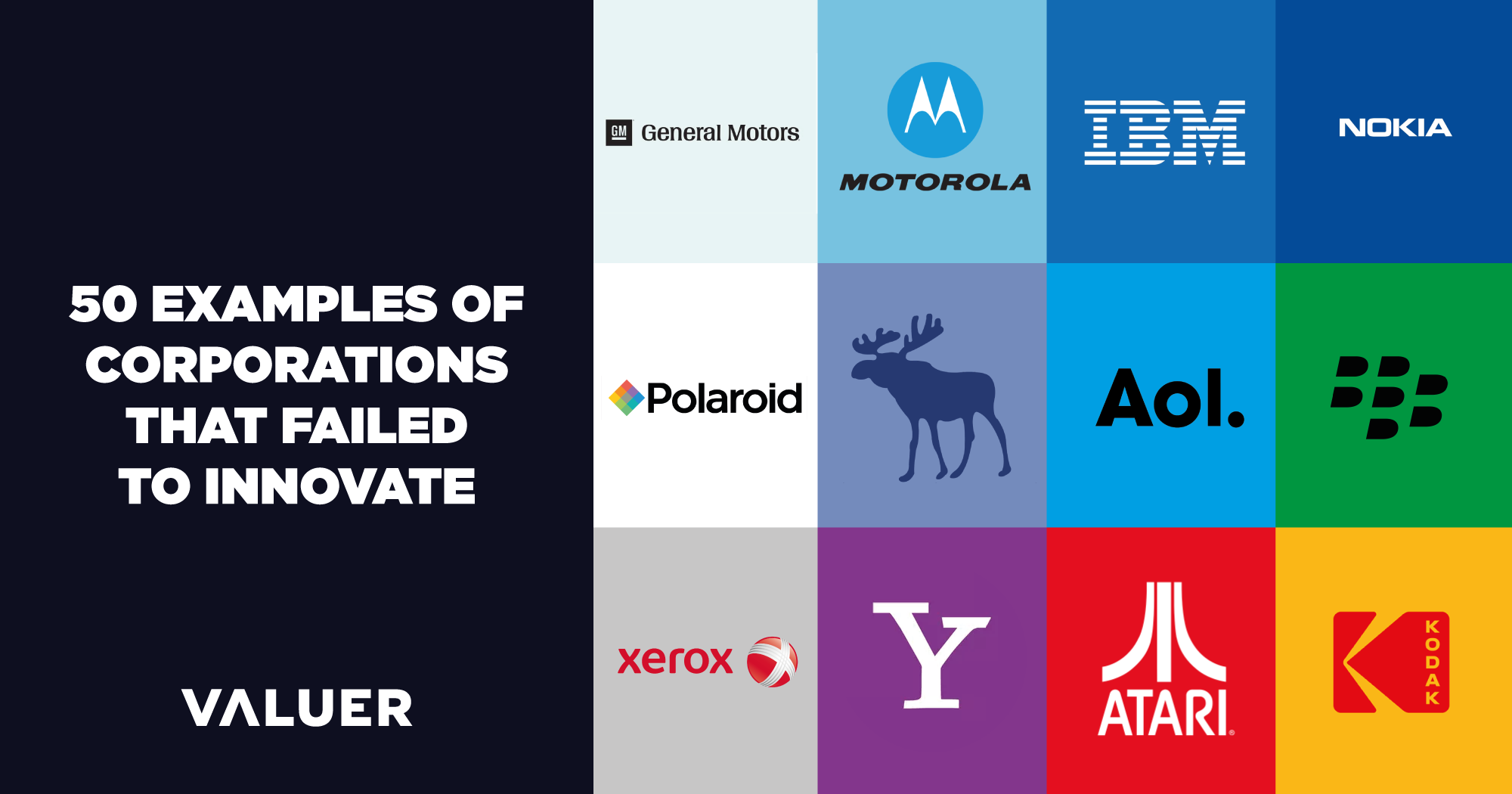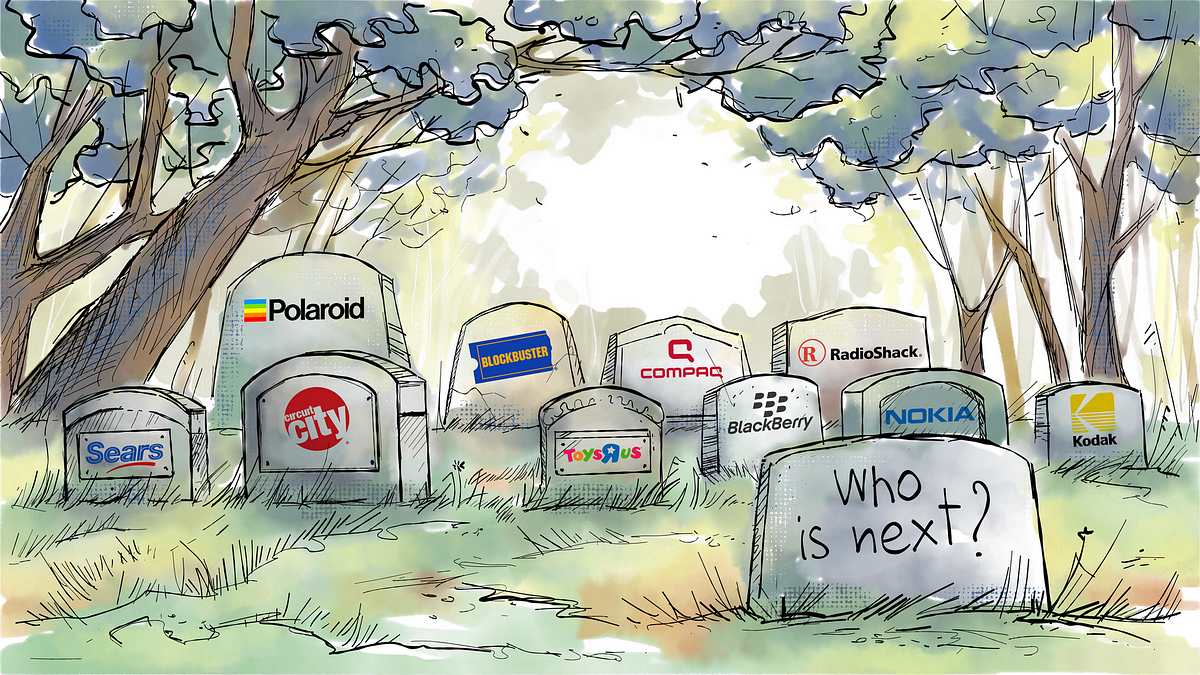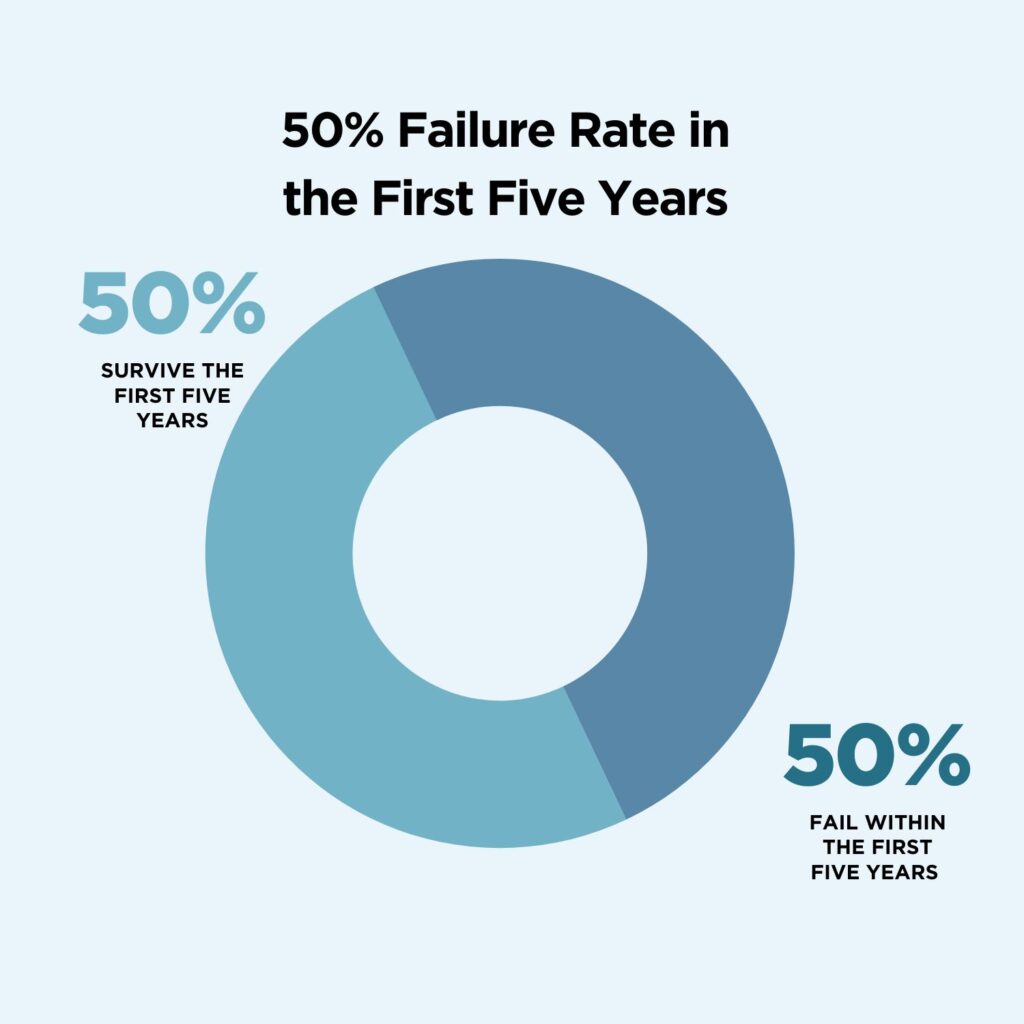Companies That Have Failed And Come Back

The business world is littered with cautionary tales of companies that stumbled, faltered, and seemingly vanished from the public eye. Yet, some of these seemingly doomed entities have defied expectations, staging remarkable comebacks against seemingly insurmountable odds. This article examines a few prominent examples of companies that navigated near-failure and emerged, phoenix-like, to reclaim their position in the market.
At the heart of these corporate resurrections lies a common thread: resilience. These companies, despite facing bankruptcy, plummeting market share, or irreparable reputational damage, managed to adapt, innovate, and ultimately, survive.
Navigating the Brink: Key Strategies
One notable example is Marvel Entertainment. In the late 1990s, the comic book giant faced bankruptcy due to overexpansion and a declining comic book market. Marvel's official website details this challenging period, stating the company had to file for Chapter 11 bankruptcy protection in 1996.
The turnaround came with a strategic shift towards leveraging their intellectual property in film and television. By licensing their characters for movies, Marvel slowly clawed its way back to profitability. The release of X-Men in 2000, and later, the creation of Marvel Studios, proved to be game-changers.
Another iconic brand that experienced a remarkable recovery is Apple. In the mid-1990s, Apple was on the verge of collapse, struggling with poor product design, lack of innovation, and intense competition from Microsoft. Michael Dell famously said, "I'd shut it down and give the money back to the shareholders," as reported by various news sources at the time.
The return of Steve Jobs in 1997 marked a turning point. Jobs streamlined product lines, focused on user experience, and introduced revolutionary products like the iMac, iPod, and iPhone. These innovations transformed Apple from a struggling computer company into a global technology powerhouse.
Domino's Pizza provides an example of a comeback fueled by acknowledging and addressing customer complaints. In the late 2000s, Domino's faced scathing criticism for the taste and quality of their pizza. Their then-president, Patrick Doyle, took a bold step by launching a marketing campaign that openly admitted the shortcomings and promised significant improvements.
According to Domino's investor relations page, the company revamped its recipes, invested in technology for online ordering, and focused on delivery speed. This transparency and commitment to improvement resonated with customers, leading to a significant increase in sales and a resurgence in popularity.
Lessons Learned and Societal Impact
These success stories offer valuable lessons for businesses facing adversity. Adaptability, innovation, and a willingness to listen to customers are crucial for survival. The ability to identify and leverage core strengths, while addressing weaknesses, can pave the way for a successful comeback.
The revitalization of these companies has had a significant impact on society. Marvel's success in the film industry has shaped popular culture, while Apple's innovations have transformed the way people interact with technology. Domino's comeback illustrates the power of transparency and customer-centricity in the food industry.
These comebacks remind us that failure is not always final. With strategic planning, decisive leadership, and a relentless pursuit of innovation, companies can overcome adversity and emerge stronger than before. The stories of Marvel, Apple, and Domino's serve as inspiration for businesses striving for success in an ever-changing market.
















.jpg)

